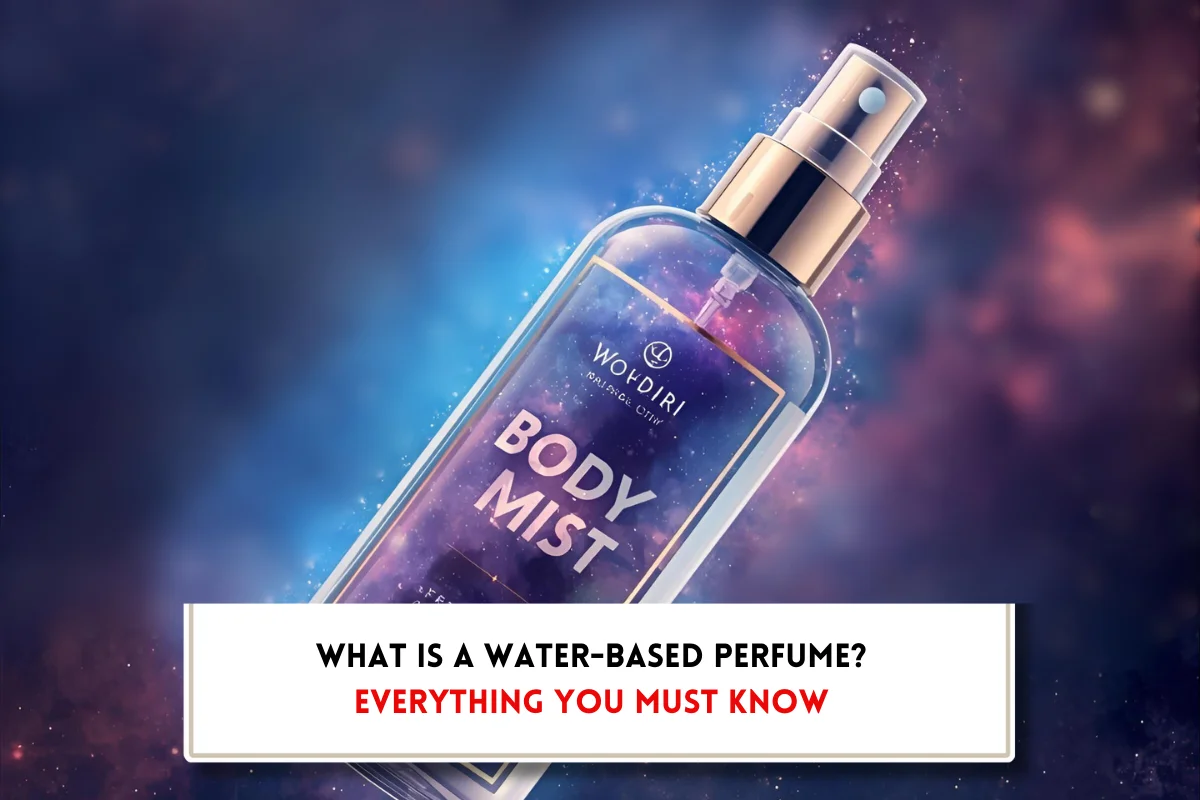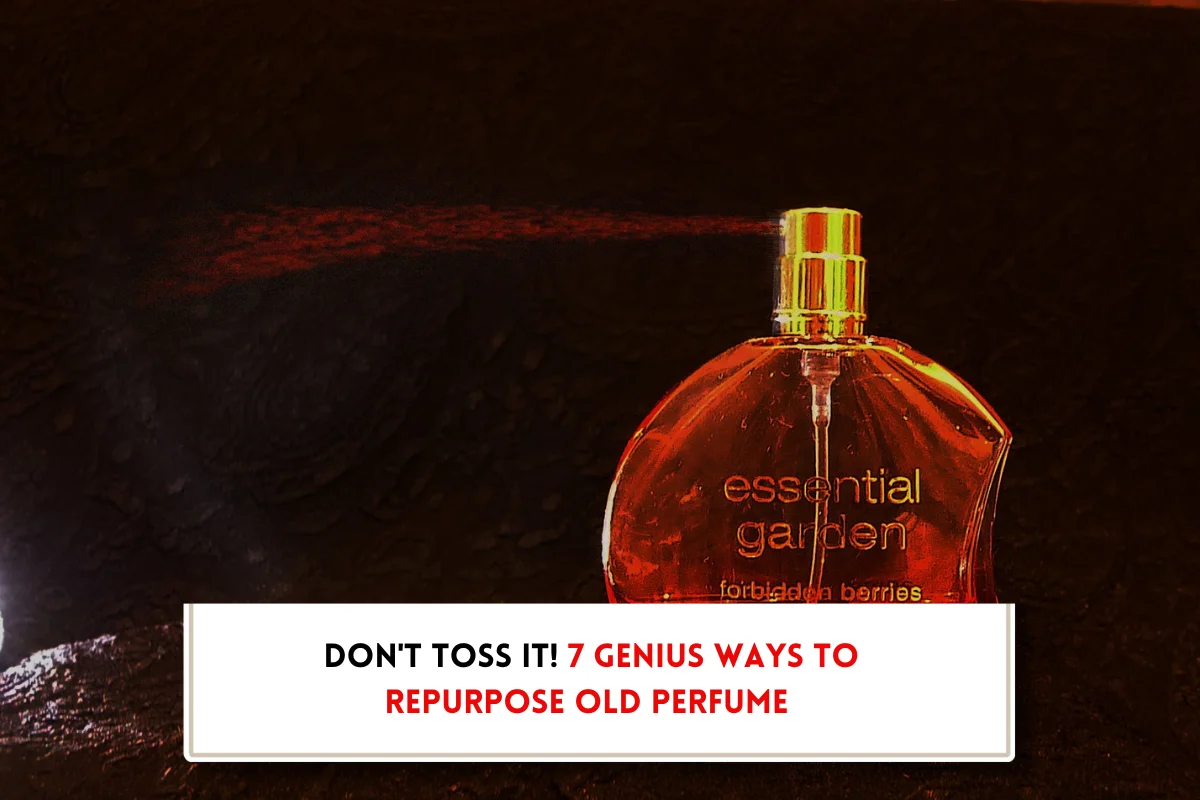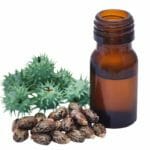Is coconut oil good for curly hair? Let’s Find Out!
At BeautyCaters, our expert team independently curates every recommended product. Purchases through our links may earn us a commission. Explore our transparent selection process.
So you’ve heard the hype about coconut oil being amazing for curls. But does it really live up to the buzz? Is coconut oil good for curly hair? Let’s find out if this the staple of many natural hair care routines is a foe for curly hair or game-changer.
- Is coconut oil good for curly hair?
- What does coconut oil to curly hair?
- Types of coconut oil for curly hair
- Benefits of coconut oil on curly hair
- Potential drawbacks of coconut oil on curly hair
- Debunking the coconut oil and curly hair myths
- How to use coconut oil for curly hair?
- Frequently Asked Questions about coconut on curly hair
- Final Word: Is coconut oil good for curly hair?

Is coconut oil good for curly hair?
Yes, coconut oil has become a staple in many curly hair care routines. Its ability to penetrate the hair shaft and provide deep hydration makes it a potential game-changer for those with curls. However, like any hair product, its effectiveness can vary depending on individual hair porosity and texture.
Let’s delve deep into it.
What does coconut oil to curly hair?
Coconut oil has become a beloved ingredient in the curly hair community for its ability to nourish, moisturize, and define curls. Rich in fatty acids and vitamins, it offers a range of benefits for enhancing curly hair health.
- Deep conditioning: Coconut oil penetrates the hair shaft, providing intense hydration and reducing protein loss.
- Curl definition: By smoothing the hair cuticle, coconut oil helps define curls and reduce frizz.
- Scalp health: Its antimicrobial properties can help soothe an itchy scalp and create a healthier environment for hair growth.
Understanding the specific needs of your curls is essential for maximizing the benefits of coconut oil. While it’s a popular choice, individual hair variations may influence the effectiveness of this oil.
Types of coconut oil for curly hair
The type of coconut oil you choose can impact its effectiveness on your curly hair.
- Unrefined coconut oil: Extracted from fresh coconut meat without undergoing chemical processing, unrefined coconut oil retains its natural nutrients and antioxidants. It offers deep hydration and nourishment, making it a popular choice for dry and damaged curly hair.
- Refined coconut oil: Processed through heat and chemicals, refined coconut oil has a milder scent and higher smoke point. While it may not offer the same level of nutrients as unrefined oil, it can still provide hydration and manageability benefits.
Understanding the differences between these two types will help you select the best coconut oil for your curly hair care routine.
Also Read: Is canola oil good for hair?
Unrefined vs. Refined coconut oil: A breakdown
Understanding the differences between unrefined and refined coconut oil is crucial for selecting the best product for your hair care needs.
Unrefined coconut oil
- Source: Extracted from fresh coconut without chemical processing.
- Nutrient profile: Retains natural vitamins, antioxidants, and fatty acids.
- Benefits: Deeply nourishes and moisturizes hair, ideal for dry and damaged curls.
- Texture: Often has a thicker consistency and a distinct coconut scent.
Refined coconut oil
- Source: Derived from dried coconut meat and undergoes refining processes.
- Nutrient profile: May have a lower concentration of nutrients compared to unrefined oil.
- Benefits: Provides hydration and manageability, suitable for various hair types.
- Texture: Generally lighter and has a neutral scent.
For most curly hair types, unrefined coconut oil is preferred due to its higher concentration of nutrients. However, individuals with sensitive scalps or those who dislike the strong coconut scent may opt for refined coconut oil.
Benefits of coconut oil on curly hair

Coconut oil has emerged as a popular choice for those with curly hair due to its unique properties and ability to address common concerns.
- Deep hydration: Coconut oil’s molecular structure allows it to penetrate the hair shaft effectively, delivering essential moisture to dry and brittle curls. This replenishment helps to restore elasticity and prevent breakage.
- Curl definition: Sealing in moisture and smoothing the hair cuticle, coconut oil effectively reduces frizz, promoting a more defined curl pattern and creating a polished appearance.
- Scalp health: Coconut oil’s antimicrobial properties make it a valuable asset in maintaining scalp health. The presence of lauric acid, a potent antimicrobial agent, helps combat bacteria and fungi that can contribute to scalp infections like dandruff and eczema. By reducing inflammation and creating a balanced scalp environment, coconut oil promotes optimal hair growth and reduces discomfort.
- Protein retention: Curly hair is particularly susceptible to protein loss due to its delicate structure. Coconut oil has a unique affinity for hair protein. Coconut oil penetrate the hair shaft and form a protective barrier, preventing protein loss and maintain hair strength, resulting in stronger, more resilient curls.
- Hair follicle nourishment: The nutrients in coconut oil penetrate the hair shaft and reach the hair follicles, providing essential nourishment for healthy growth and minimize breakage, allowing hair to grow longer.
Potential drawbacks of coconut oil on curly hair
Coconut oil is not a universal panacea for all hair types. While it offers numerous benefits for many, it’s essential to address potential drawbacks.
- Overuse concerns: Excessive use of coconut oil can lead to product buildup, weighing down curls and creating a greasy appearance.
- Hair porosity: Individuals with low porosity hair might find that coconut oil’s molecular structure prevents optimal penetration, potentially resulting in limited benefits.
- Individual variations: Hair is unique, and what works for one person might not work for another. It’s essential to experiment and find the best approach for your specific hair needs.
Debunking the coconut oil and curly hair myths
Coconut oil has garnered a reputation as a miracle worker for curly hair, but misconceptions about its use persist.
A curly hair care essential
While it is true that excessive or improper application can lead to product buildup, when used correctly, coconut oil can be a valuable asset to your curly hair regimen.
- Focus on hair ends: Concentrating the application of coconut oil on the ends of your hair can help prevent excessive oiliness at the roots while providing much-needed moisture and protection to the drier areas.
- Moderation is key: Using coconut oil sparingly and in conjunction with other hair care products can help balance its moisturizing properties with the need to maintain volume and prevent buildup.
- Deep conditioning: Incorporating coconut oil into a deep conditioning treatment allows for more extended contact time, maximizing its benefits without overwhelming your hair.
A versatile option for curly hair
Contrary to popular belief, coconut oil is suitable for a wide range of curl patterns. Its ability to penetrate the hair shaft and provide deep hydration makes it a beneficial option for both loose waves and tight coils.
- Fine to medium curls: Smaller amounts of coconut oil can help to moisturize without weighing down the hair.
- Coarse to kinky curls: Due to their increased porosity, these curl types often benefit from the intensive moisturizing properties of coconut oil.
How to use coconut oil for curly hair?

Coconut oil is a curly hair game-changer, offering deep hydration and nourishment. To maximize its benefits, incorporate these techniques into your routine:
Pre-wash treatment for curls
Protect your curls from shampoo stripping by using coconut oil as a pre-wash treatment:
- Warm up the oil: Gently melt a tablespoon (adjust based on hair length and thickness) of coconut oil in your palms.
- Apply to dry hair: Distribute the oil evenly through dry hair, focusing on ends and dry areas. Avoid excessive scalp application.
- Massage and leave in: Gently massage the oil into your curls for better penetration. Leave for at least 30 minutes or overnight for deeper conditioning.
- Cleanse and condition: Shampoo and condition as usual to remove the oil residue.
Deep condition with coconut oil
Transform your hair with a DIY deep conditioning mask:
- Create your mask: Combine melted coconut oil with your favorite deep conditioner or natural ingredients like honey, aloe vera, or avocado. Adjust quantities based on hair needs.
- Apply generously: Saturate damp hair with the mask, covering from roots to ends.
- Heat it up: Enhance penetration by covering your hair with a shower cap or warm towel. Leave for at least 30 minutes.
- Rinse thoroughly: Remove the mask completely with lukewarm water. Follow with a leave-in conditioner or styling product.
Frequently Asked Questions about coconut on curly hair
Does coconut oil help with frizz?
Yes, coconut oil can be a valuable tool in the fight against frizz. Its moisturizing properties help seal the hair cuticle, preventing moisture loss and reducing the appearance of frizz.
How often should I use coconut oil on my curly hair?
The optimal frequency of coconut oil use depends on your hair’s specific needs and texture. Some people find weekly treatments beneficial, while others may only require it once or twice a month. Experiment to determine what works best for your curls.
Can I use coconut oil as a leave-in conditioner?
Yes, coconut oil can be used as a leave-in conditioner, but it may be too heavy for some hair types. For finer or thinner curls, consider mixing it with a lighter oil or using a smaller amount.
Is there a difference between virgin coconut oil and refined coconut oil for hair?
Yes. Virgin coconut oil is generally preferred for hair care due to its higher concentration of nutrients, including antioxidants and vitamins. However, refined coconut oil can still be effective and might be a suitable option for some.
Does coconut oil make your hair curly?
Coconut oil doesn’t magically transform straight hair into curls. However, it can significantly enhance the appearance of natural curls by providing deep moisture, reducing frizz, and improving curl definition.
Is coconut oil good for 4c hair?
Absolutely! Coconut oil is particularly beneficial for 4c hair due to its ability to penetrate the hair shaft and provide intense.
Final Word: Is coconut oil good for curly hair?
Coconut oil can be a fantastic asset to your curly hair care routine, offering a plethora of benefits from deep conditioning to frizz control. While it might not work wonders for everyone, its potential to enhance your curls’ natural beauty is undeniable. Remember, consistency is key when incorporating coconut oil into your hair care regimen. Give it a try and discover the transformative power it can have on your locks.










